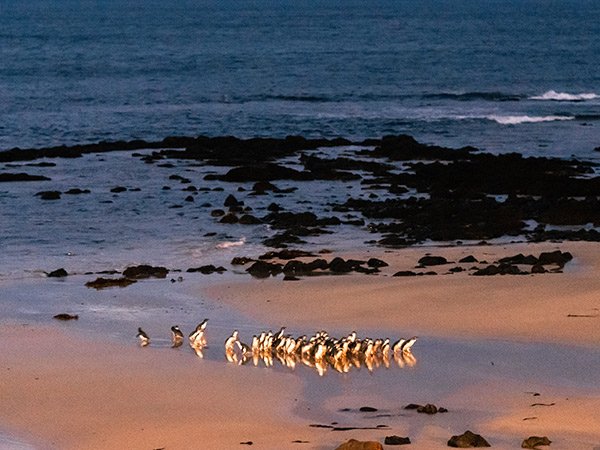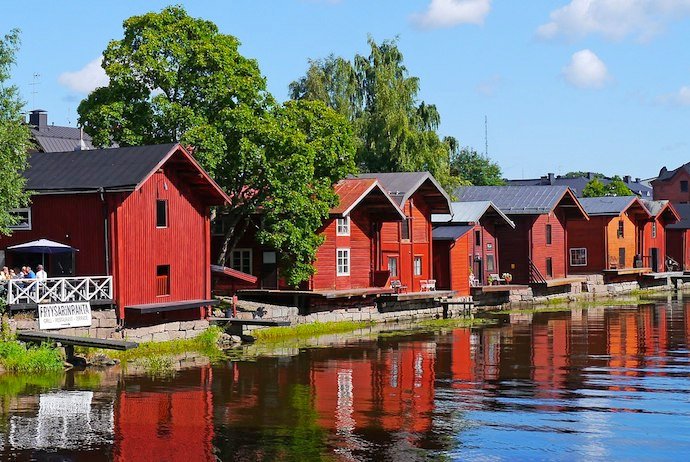The Brando, French Polynesia
Turtle, marine mammal and coral preservation; celebrity-led developments and the rehabilitation of ecosystems: some of the world’s most exclusive island resorts excel most for the commitment they show to protecting the oceans. Venture to these isolated locations across the planet to see the difference resorts like this can make to life beneath the waves.
When Marlon Brando first arrived in the Tetiaroa atoll, he was so impressed by its natural beauty and the Polynesian way of life, he decided to find his own pocket of this paradise to call home. Years later, in a bid to make this biodiverse area a centre for environmental research, he began his endeavour in setting up an environmentally conscious luxury island resort. While this was the beginning of The Brando resort’s creation, it eventually made its debut in 2014. True to its original inspiration, the resort proved its dedication to preserving the environment with sustainably built villas blending into the forest and renewable energy. Along with the construction of the resort, The Brando built and gifted an eco-station to the Tetiatoa Society who run research and education projects focusing on conservation of the atoll. Initiatives here include sustainable fishing and fish replenishment programmes, the preservation, monitoring and restoration of the environment and the protection of species such as turtles. In part thanks to projects like these, this atoll’s waters thrive with marine life. Around 167 fish species have been identified here, whales pass through on their migration route and dolphins regularly make an appearance.
Don’t miss: Explore the turquoise lagoon by Polynesian outrigger canoe. www.thebrando.com
Islas Secas, Panama
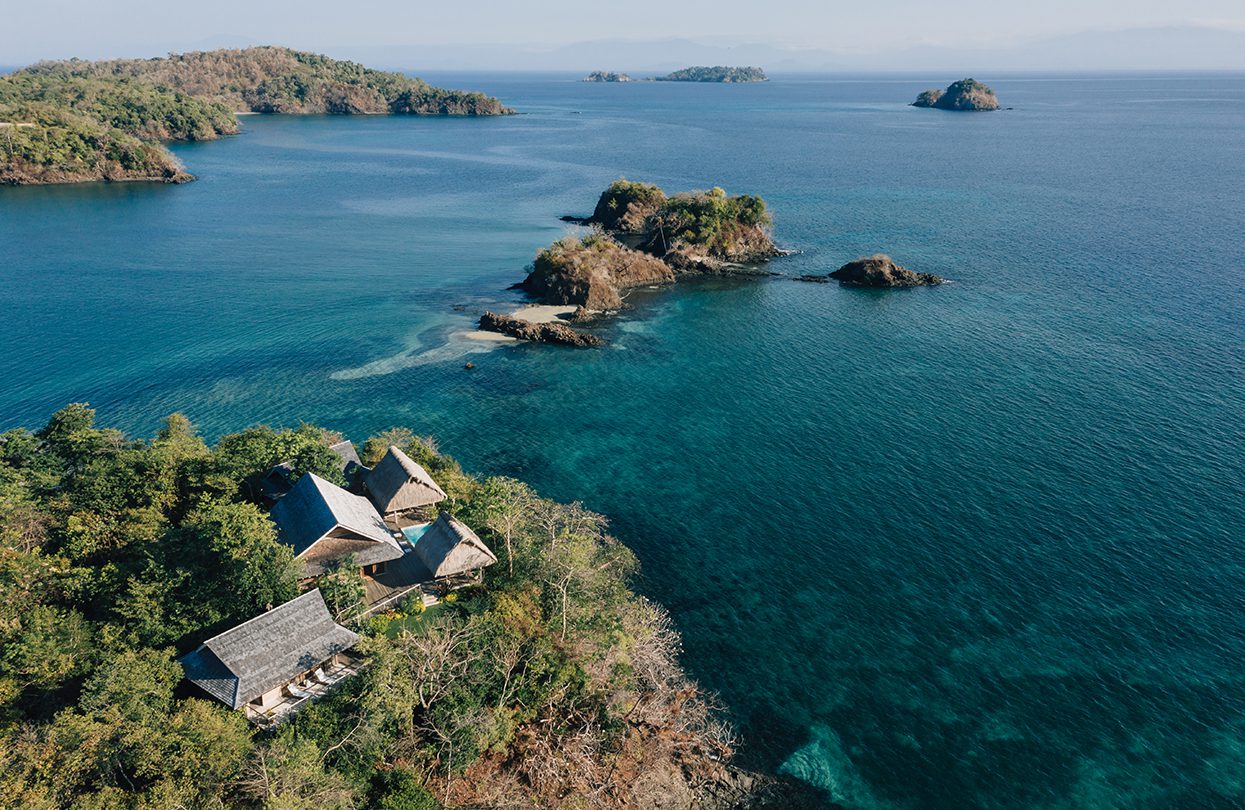
One of the casitas at Islas Secas
Giant mantas, pods of dolphins and migrating humpback whales: these are just some of the marine creatures found in the ocean’s diverse ecosystem off Panama’s Pacific Coast. The privately owned Islas Secas archipelago lies at the heart of this thriving marine environment, just a short boat ride from UNESCO World Heritage Coiba National Marine Park. The 18-guest eco-resort, which officially reached completion in December 2019, spans Islas Cavada at the heart of these Jurassic Park-like islands. Casitas with decks and plunge pools peer out from the flourishing vegetation and a dramatic high-ceilinged, open-sided Terraza is the setting for ocean-to-fork dining. A tented spa is launching in March. As well as constructing the resort from certified sustainable wood, Islas Secas planted thousands of native trees to restore the integrity of the island and it now sources all of its energy from solar power. To benefit the surrounding marine environment, the Islas Secas Foundation then set up partnerships with ocean initiatives such as Oceans 5 and Panacetacea who run research and education projects in the area. You can experience this environment by setting out on a marine safari, exploring by kayak and paddleboard and spotting the migrating marine life.
Don’t miss: Dive beneath the water’s surface at Coiba National Marine Park. www.islassecas.com
Thanda Island, Tanzania

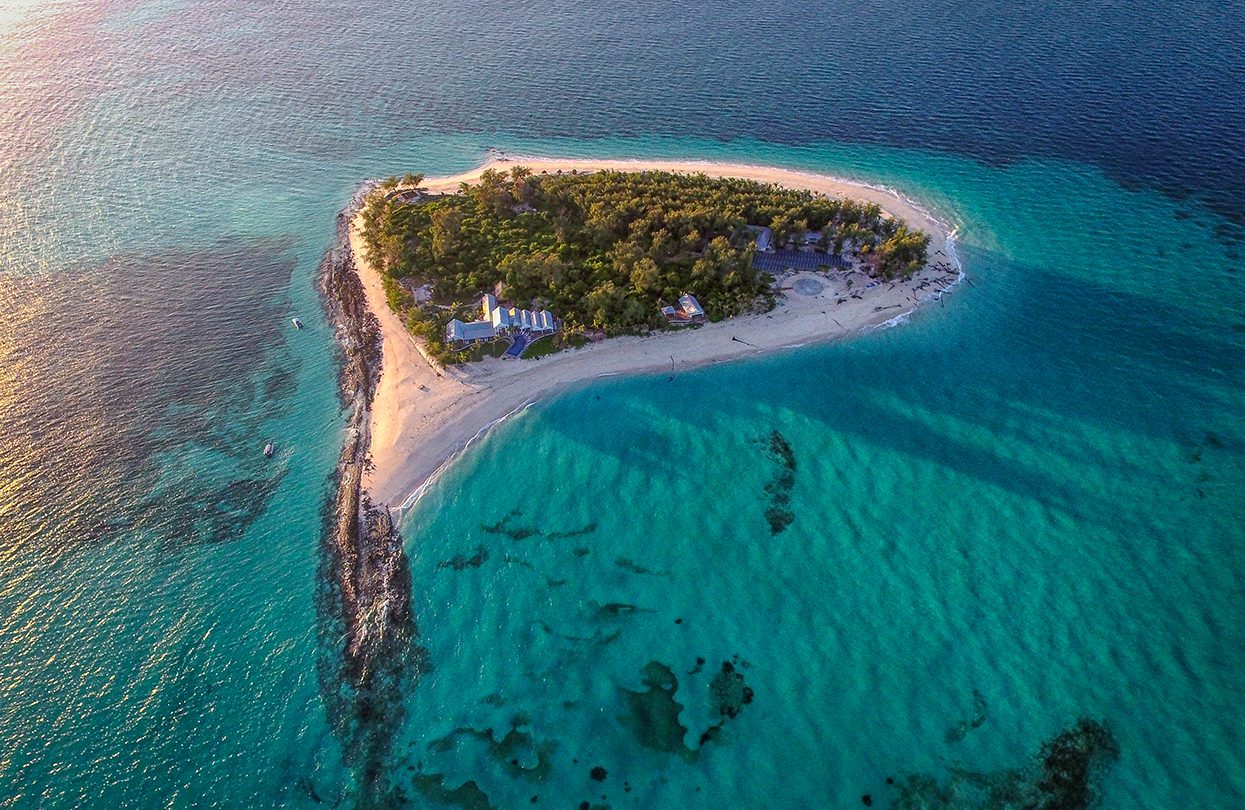

Marine encounters are an integral part of the Thanda experience. The resort’s location, just off the southern coast of Tanzania, places you in a prime spot for swimming with whale sharks from October to March and you can gain insight into the marine life the whole year-round. Paying tribute to its position within Shungimbili Island Marine Reserve, Thanda Island shows optimum respect for the ocean, partnering with Tanzanian Marine Parks and leading NGO, Sea Sense, on a number of conservation programmes. A ban on fishing allows marine life to flourish, regular surveys monitor the health of the coral and nursery structures stimulate reef rehabilitation — you can see what difference these projects make by joining the marine biologist on a snorkelling trip. The resort then reflects its environmental sensitivity in the sustainability of the resort. Solar panels provide power and a desalination system purifies seawater for the rim-flow swimming pool. The sustainably built villas provide direct access to the private reef just offshore and you’re within easy reach of world-class diving sites off nearby Mafia Island. You might be lucky to see turtles nesting on the shores and a dive could bring you face to face with the endangered dugong.
Don’t miss: Sail the protected waters on a traditional Arab dhow. www.thandaisland.com
Petit St. Vincent Private Island, Grenadines

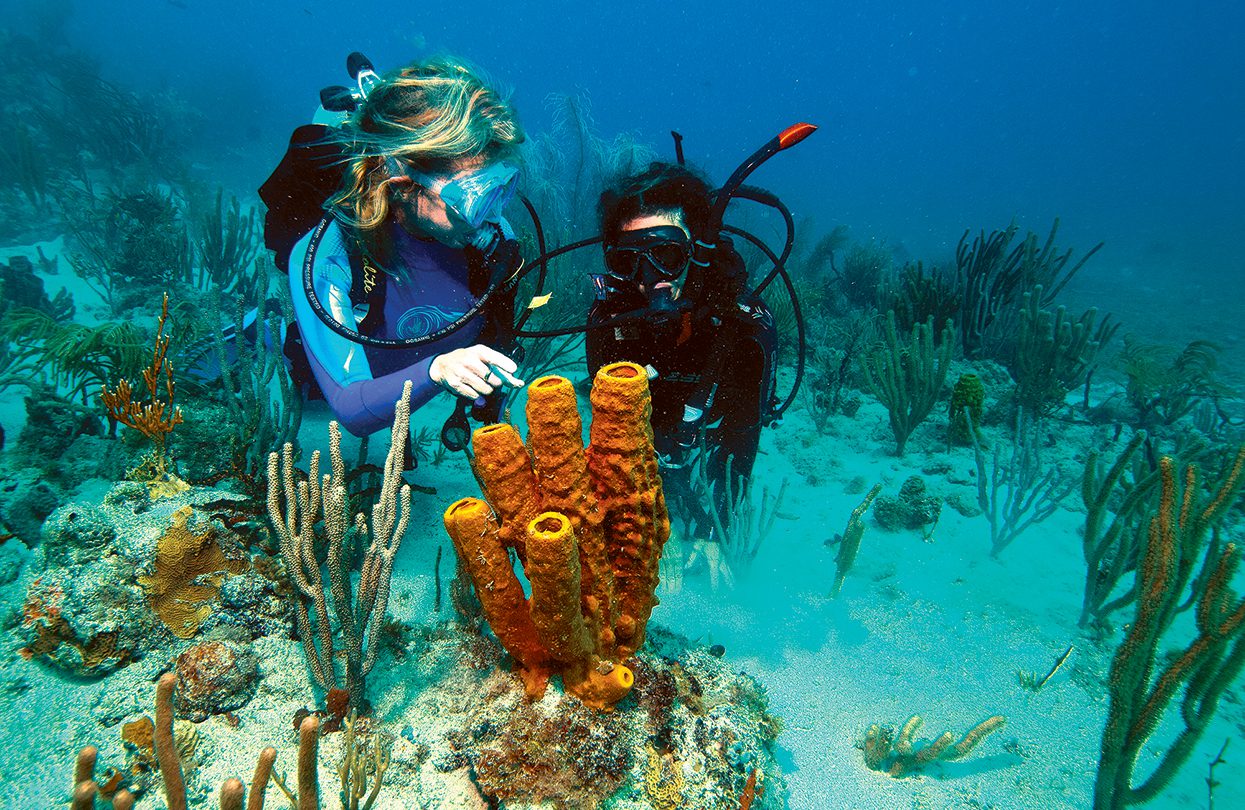
When a site bears Jean-Michel Cousteau’s name, you know it’s going to be a beacon of ocean conservation. Petit St. Vincent Private Island is home to one of the world’s few dive centres overseen by the ocean explorer, filmmaker and conservationist. The son of legendary explorer Jacques-Yves Cousteau opened his Caribbean dive centre here following research of the reefs and ocean life in the region. Inspired to help people appreciate the array of marine life here, Cousteau considered this eco-conscious resort the right place to share his message. This dive centre fits in with the conservation ethos of the resort itself. Desalinating ocean water, recycling and growing produce in the chef’s garden all contribute to Petit St. Vincent’s sustainability efforts, which are then complemented by environmental projects such as reef restoration. You can see the results of this work by snorkelling off the island’s Atlantic pier and perhaps even getting involved in the restoration process. Opt for a cottage tucked into the island’s lush vegetation or stay in a beach villa facing out to sea, then explore the surroundings, above and below the water.
Don’t miss: Dive with eagle rays and sharks at sites such as Punaise Reef. www.petitstvincent.com
